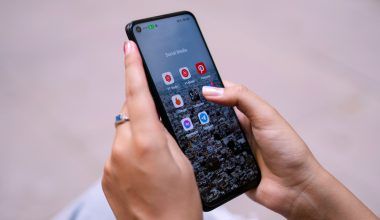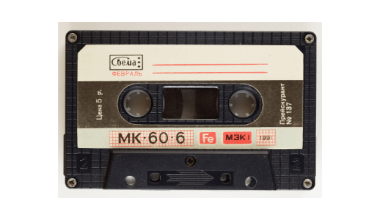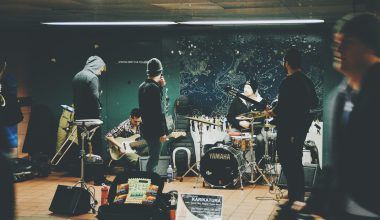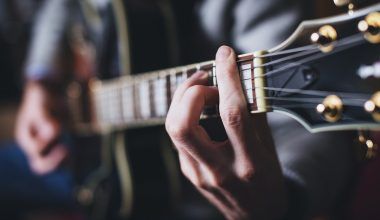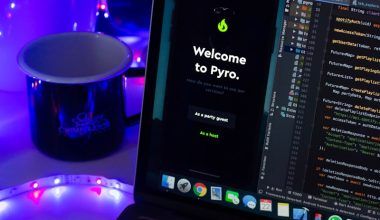Artificial intelligence (AI) has changed our world in countless ways, from automating tasks to making devices smarter. But one of the most exciting applications of AI is in the music industry, especially with the advent of AI singers. These virtual performers are shaking up the traditional music landscape, providing endless possibilities for creativity and innovation. In this blog, we’ll explore what AI singers are, how they work, and why they’re capturing the imagination of music lovers and creators worldwide.
What Is an AI Singers?
To put it simply, an AI singers is a digital vocalist powered by artificial intelligence. Unlike human singers, AI singers are created using complex algorithms, neural networks, and machine learning techniques. They can mimic human voices or generate entirely new ones, making them versatile tools for music production.
For example, AI singers like Hatsune Miku, a virtual pop star from Japan, have gained massive popularity. These AI-generated voices can perform songs in multiple languages, styles, and tones, making them appealing to diverse audiences. The focus here isn’t just on replacing human talent but expanding creative boundaries.
How Do AI Singers Work?
AI singers rely on advanced technologies like deep learning. Here’s how it works:
- Voice Samples: Developers feed large datasets of voice samples into an AI system. These samples can be recordings of real singers or synthesized sounds.
- Training the Model: The AI system uses these samples to learn patterns, tones, and expressions. This is where machine learning algorithms come into play.
- Voice Synthesis: Once trained, the AI can generate a singing voice based on user input. This could be a melody, lyrics, or both.
- Customization: Users can tweak the voice to match specific styles or emotional tones, allowing for endless personalization.
Why Are AI Singers Popular?
The rise of AI singers can be attributed to several reasons:
- Cost-Effective: Hiring human singers and booking studio time can be expensive. AI singers provide a more affordable alternative.
- Accessibility: With AI, anyone can create music, even without formal training or access to professional singers.
- Global Appeal: AI singers can perform in any language, broadening their reach and appeal.
- Creative Freedom: Producers and songwriters can experiment with sounds and styles that may not be possible with human singers.
The Impact of AI Singers on the Music Industry
The emergence of AI singers has led to both excitement and controversy. Let’s dive into the ways AI is reshaping the music industry:
1. Empowering Independent Artists
AI singers are a boon for independent musicians who lack the resources to hire professionals. With AI, they can produce high-quality tracks without breaking the bank.
2. New Genres and Styles
AI opens up opportunities to explore genres and styles that may not exist yet. By blending different vocal characteristics, producers can create entirely new sounds.
3. Ethical Concerns
One of the biggest debates around AI singers involves ethics. Critics argue that relying on AI diminishes the value of human artistry. Others worry about copyright issues, especially if AI-generated voices closely mimic real artists.
Humanizing AI Singers
Despite being digital creations, AI singers can evoke emotion and connect with audiences. Developers work hard to infuse AI voices with nuances, making them sound as human as possible. Some AI singers are even programmed to express different moods, from happiness to melancholy.
AI Singers in Action
From pop to classical, AI singers are making waves across genres. Here are a few examples:
- Virtual Concerts: AI singers like Hatsune Miku perform live through holographic projections, offering fans an unforgettable experience.
- Collaborations: Human artists are teaming up with AI singers to create unique tracks, blending technology with tradition.
- Ad Campaigns: Brands are using AI-generated voices for jingles and advertisements, adding a futuristic touch to their campaigns.
Challenges and Future Prospects
While AI singers are groundbreaking, they’re not without challenges:
- Perfection Takes Time: Creating a realistic AI voice requires extensive data and fine-tuning.
- Resistance from Traditionalists: Some in the industry are skeptical about AI’s role in music.
- Regulation Needed: As AI singers become more prevalent, clear guidelines are needed to address ethical and legal concerns.
The Future of AI Singers
Looking ahead, the potential for AI singers is limitless. Here are some trends to watch:
- Hyper-Personalization: Imagine AI singers tailoring performances to individual preferences.
- Education: AI could be used to teach singing techniques, making vocal training accessible to more people.
- Global Collaboration: AI could unite artists from around the world, breaking language and cultural barriers.
Final Thoughts
AI singers are more than just a technological novelty; they represent a new era of creativity. While they may never fully replace human artists, they’re undeniably changing how we create and consume music. Whether you’re an aspiring musician or a casual listener, AI singers offer a glimpse into the exciting future of music.
For further reading, explore these related articles:
For additional resources on music marketing and distribution, visit DMT Records Private Limited.

